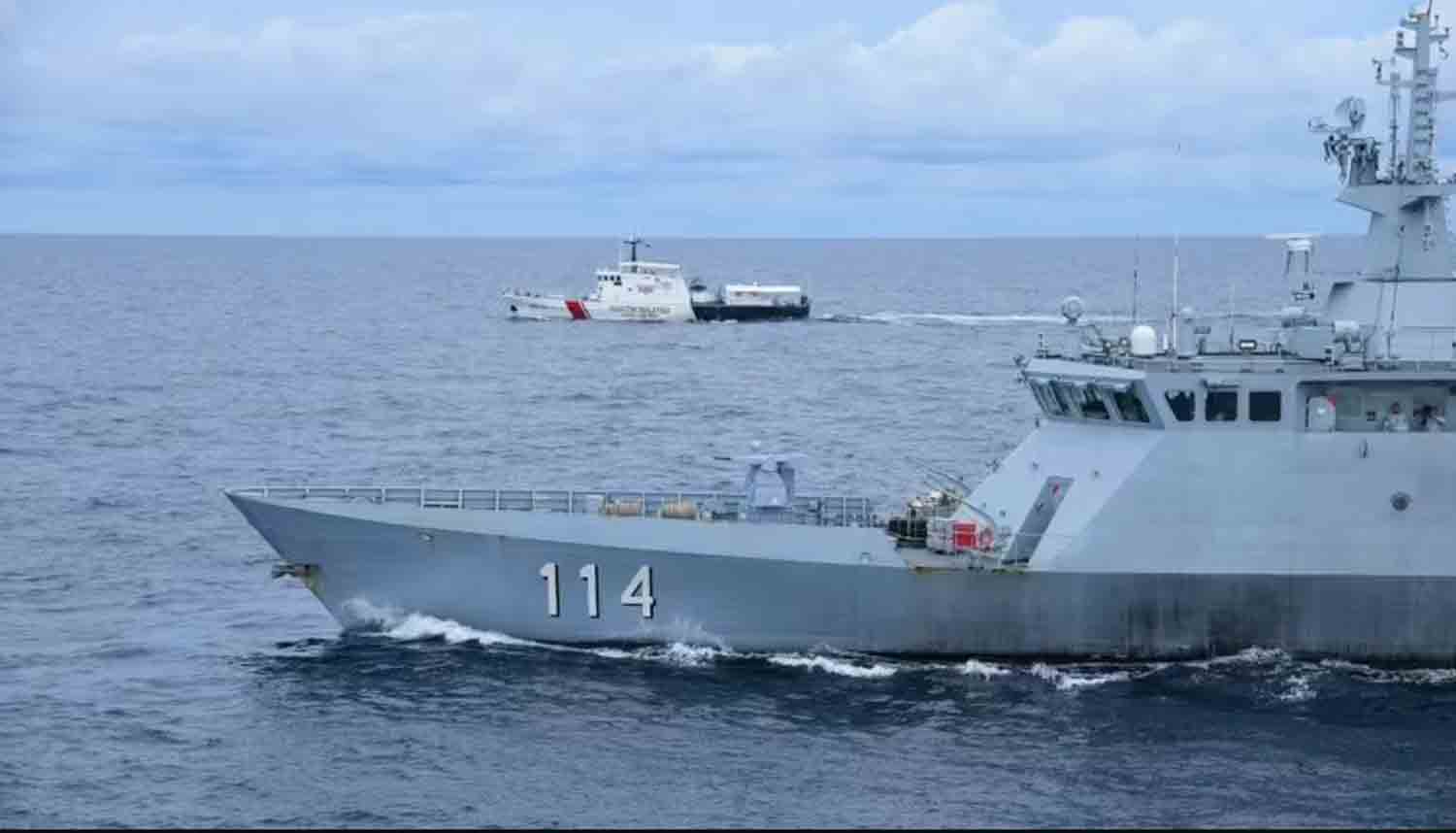Anxiety and frustration regarding the future of the European Union have been escalating for some time. The union is currently experiencing a profound crisis, characterized by multiple interrelated issues: a cost-of-living crisis, a housing crisis, a migration crisis, sluggish economic growth, and, most critically, a political crisis. The rise of far-right movements poses a significant threat, as they gain traction in polls across numerous EU nations, jeopardizing the delicate cohesion of the EU and its foundational liberal values.
Recently, the far-right Freedom Party secured victory in the Austrian elections, garnering 30 percent of the vote. While the far right may still be excluded from participating in the government formation in Austria, similar parties are either in power or supporting governments in 9 out of the 27 EU member states.
The European Union is currently grappling with significant challenges on the international stage, most notably the ongoing conflict in neighboring Ukraine, which shows no signs of resolution despite a steady influx of military support from Europe and the United States. Additionally, the persistent threat of climate change looms large, contributing to increasingly severe natural disasters.
In light of these escalating crises, the EU’s political leadership has largely opted not to confront the underlying issues, which stem from the harmful neoliberal policies they have adopted. Instead, their approach has leaned towards militarization, possibly in an attempt to distract the European populace from their discontent.
Over the last two years, there has been a consistent narrative that Russia poses the greatest threat to European security, with the prevailing belief that the solution lies in achieving a decisive victory over Russia in Ukraine. The message has been clear: the route to peace is through further escalation.
European arms have been increasingly supplied to Ukraine, with EU nations progressively broadening their arsenal to encompass more lethal and destructive weaponry. Recently, European leaders, including the outgoing EU foreign affairs chief Josep Borrell, have advocated for Ukraine to be permitted to deploy long-range missiles against targets within Russian territory.
On September 19, the European Parliament adopted a non-binding resolution urging nations that provide missiles to Ukraine to permit their use against Russian targets.
Russia has consistently issued warnings regarding this development, recently revising its nuclear doctrine to lower the threshold for nuclear weapon deployment.
As the flow of arms to Ukraine continues to escalate, European nations are also being advised to increase their military expenditures in preparation for the possibility that this escalation could spiral out of control, potentially leading the EU into conflict with Russia. Andrius Kubilius, the nominee for the newly established position of EU defense commissioner aimed at addressing the “Russia threat,” has suggested that the union should function as a “war-weapons storehouse” to deter Moscow.
The narrative of a war economy is also being promoted, encouraging Europeans to believe that military expansion could revitalize the struggling European economy.
In September, Mario Draghi, the former president of the European Central Bank and former Italian Prime Minister, released a highly anticipated report titled “The Future of European Competitiveness.” This report has been widely praised as a significant move towards fostering greater economic integration within the European Union.
In the introduction, Draghi emphasized that “Peace is the first and foremost objective of Europe.” However, he noted the increasing physical security threats and urged the EU to invest substantially in its defense industry.
European leaders seem to be adopting the Latin phrase, “Si vis pacem para bellum,” meaning “If you want peace, prepare for war.” The challenge with this approach today is that the presence of nuclear weapons, capable of devastating human civilization, has fundamentally altered the dynamics of war and peace, particularly when a nuclear power is involved.
It can be argued that while European leaders are vocal about their intentions, they often fall short in action—illustrated by their hesitance to permit Ukraine to utilize long-range missiles, despite a resolution from the EU parliament and abundant rhetoric. Nevertheless, the ambiguity and implied threats remain perilous, as they create opportunities for military incidents that could lead to severe repercussions.
Ultimately, the focus on war, preparations for conflict, and military buildup diverts attention from the numerous crises facing the EU and their underlying causes.
Despite its strong rhetoric surrounding human rights, freedom, democracy, and equity, the European Union fundamentally operates as a neoliberal entity that primarily safeguards the interests of the affluent, enabling them to accumulate even greater wealth. Economic policies are driven not by a commitment to the health and welfare of the average EU citizen, but rather by the imperative to ensure corporate profitability.
This focus on neoliberalism is evident in the diminishing welfare state across Europe, the rise of precarious employment largely characterized by the gig economy, and the soaring costs of essentials such as food, utilities, and housing, which have become unaffordable for many. Furthermore, the EU’s exploitative neoliberal practices, exemplified by various trade agreements with developing nations, are undermining economies in the Global South and contributing to increased migration towards Europe.
The EU’s neoliberal foundation also explains the leadership’s inability to implement a fair green transition without imposing its financial burdens on ordinary citizens.
Engaging in militarization and fostering a unified military-industrial complex will not address these pressing issues. Instead, the EU must reform its political, social, environmental, and economic frameworks to prioritize social values, participatory democracy, pluralism, welfare, sustainable development, peace, and collaboration. This may necessitate the emergence of a new form of socialism to replace the current neoliberal paradigm and elevate the entire continent.
The views expressed in this article are the author’s own and do not necessarily reflect Defence Talks’s editorial stance.
Discover more from Defence Talks | Defense News Hub, Military Updates, Security Insights
Subscribe to get the latest posts sent to your email.





